
Breastfeeding and the Reduced Risk of Cancer
Research shows that women who breastfeed lower their risk of breast cancer. For every 12 months a woman breastfeeds, the risk of breast cancer is decreased by 4.3% (Lancet 2002). This 12-month time period can be with either one child or as the total for several children.
This is because most women who breastfeed experience hormonal changes during lactation which delays menstruation and lowers their lifetime exposure to hormones like oestrogen, which can promote breast cancer cell growth.
In addition to this, during breastfeeding breast tissue is shed, which can help to remove cells with potential DNA damage.
Incidence of Breast Cancer while Breastfeeding
Breast cancer in lactating women is extremely rare, with only around 3% of women developing breast cancer while breastfeeding (Hermann and Nolson, 2012). Breast changes that occur during pregnancy and lactation can make detection more challenging so you should regularly check your breasts and be aware of the signs and symptoms of breast cancer while breastfeeding.
Early symptoms of breast cancer can include:
- Lumps (lumps can be common when breastfeeding and are usually caused by other minor ailments such as mastitis, speak to your doctor if you are concerned)
- nipple discharge
- breast pain that doesn’t go away
- change in size, shape, or look of the breast
- redness or darkening of the breast
- itchy or sore rash on the nipple
- swelling or warmth of the breast
You should see a doctor if it:
- doesn’t go away after about a week
- comes back in the same place after treatment for a blocked duct
- keeps growing
- doesn’t move
- is firm or hard
- causes dimpling of the skin
Treatment while Breastfeeding
If you are diagnosed with cancer while lactating, you may need to undergo surgery, chemotherapy or radiation therapy.
Surgery and Breastfeeding
It may be possible to continue to breastfeed before and after breast conserving surgery, depending on the type of procedure. Your doctor will be able to advise you on whether or not it is safe for you and your baby to continue breastfeeding. If you have a double mastectomy you will not be able to breastfeed.
Chemotherapy and Breastfeeding
If you undergo chemotherapy while lactating, your doctor will recommend that you don’t breastfeed. This is because the powerful drugs used in chemotherapy can be passed to your baby through your breast milk.
If you want to breastfeed following completion of your treatment, expressing your milk during this time will encourage your milk supply to continue, but you will not be able to give the expressed milk to your baby.
Radiotherapy and Breastfeeding
If you have had radiotherapy to the breast or chest, you may not produce any milk in that breast. However, you may still be able to breastfeed from the other (non-treated) breast. Your doctor will advise you on what is best.
Donor Human Milk
If you are not able to breastfeed during treatment but still want your baby to get the benefits of breastmilk, human donor milk may be the next best option.
Hospital milk banks provide milk for premature and low birth-weight babies. If you are not eligible for donor human milk from the NHS, another option is NeoKare PHBM, a safe and pasteurised human milk which provides essential calories, fat and protein sourced from 100% human milk.
Offered in both powder and liquid format and made with milk from UK-based milk providers, we have a comprehensive screening programme for anyone wishing to provide their excess breast milk, ensuring that our donor milk products contain optimal, standardised nutrition.
References
- Lancet. 2002. Breast cancer and breastfeeding: collaborative reanalysis of individual data from 47 epidemiological studies in 30 countries, including 50 302 women with breast cancer and 96 973 women without the disease. [online] Available at: <https://pubmed.ncbi.nlm.nih.gov/12133652/> [Accessed 28 October 2021].
- Hermann, S. and Nolson, B., 2012. Breast Cancer Diagnosis While Breastfeeding: When Two Worlds Collide. [online] Online Library. Available at: <https://onlinelibrary.wiley.com/doi/full/10.1111/j.1552-6909.2012.01363_1.x> [Accessed 28 October 2021].



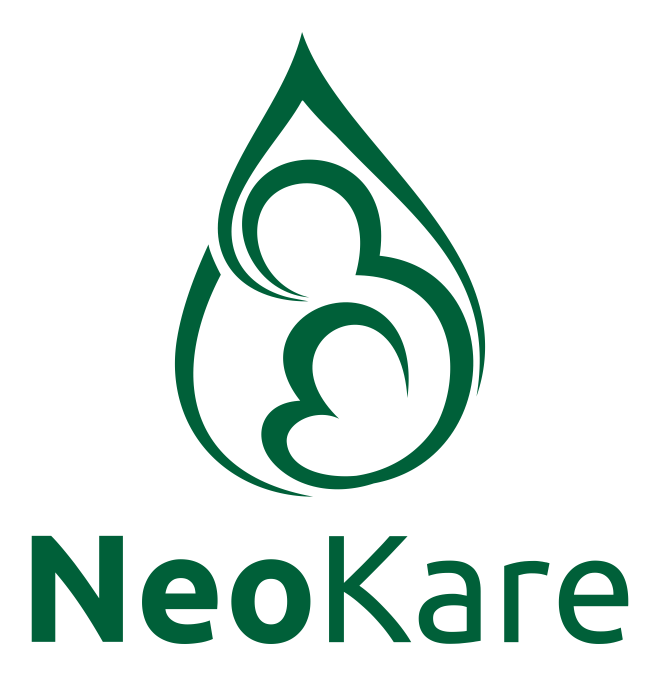
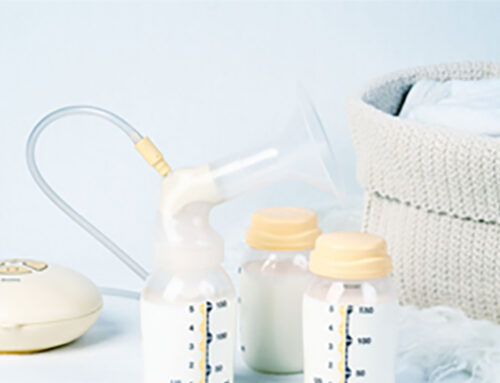
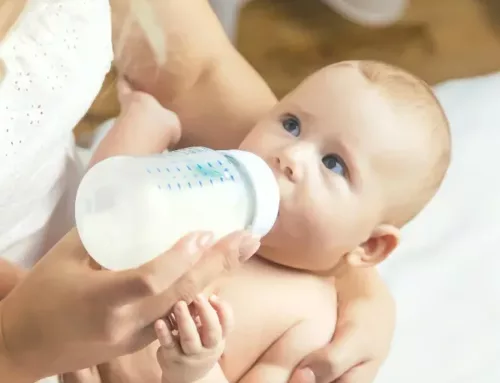
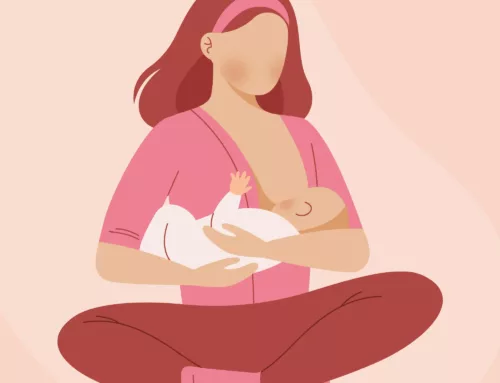
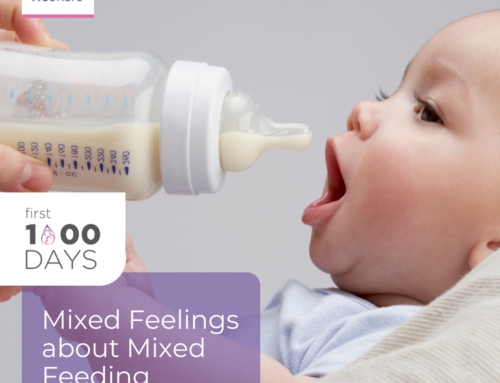

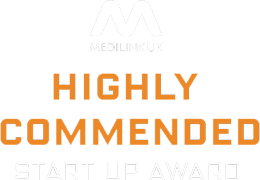
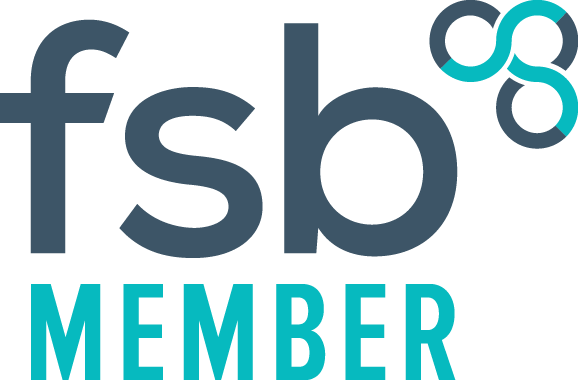
Leave A Comment